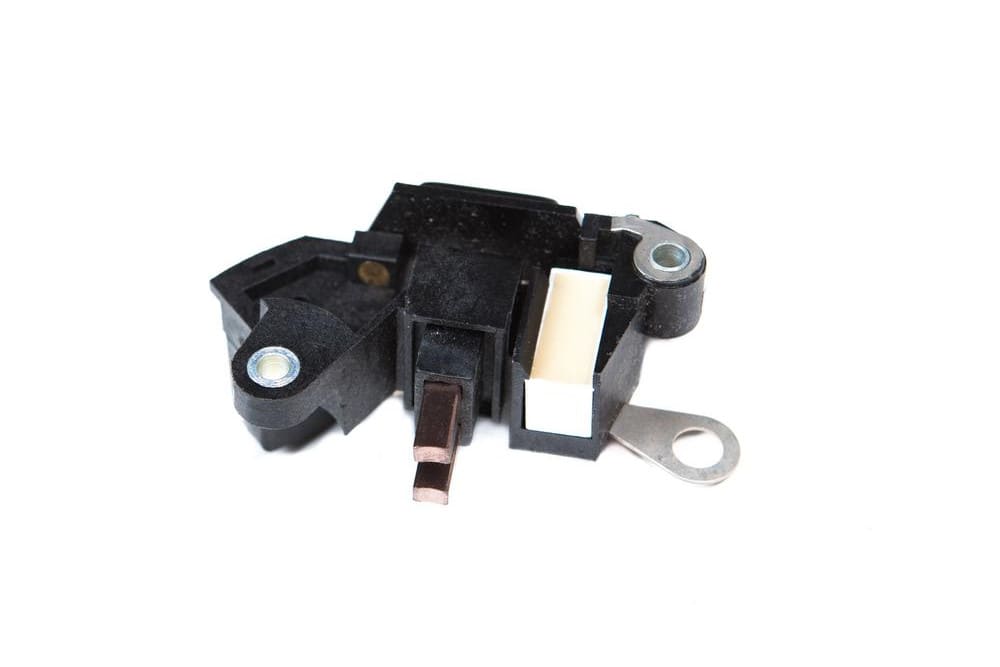

Having a fully functional instrument cluster is important due to the information that it gives you about the operation of your engine. With all of the different things that can go wrong with your instrument cluster, you will have to keep your eyes peeled for signs of trouble. The instrument voltage regulator is perhaps the most important part of your instrument cluster. This part helps to provide the gauges and other parts of the cluster with the power they need to operate. Without a properly working instrument voltage regulator, you will not be able to use the systems on your cluster. Every time you crank up your car, this voltage regulator will have to go to work and supply the power needed to turn the instrument cluster on.
For the most part, the instrument voltage regulator is supposed to last for the life of the car. Like with any other electrical component of a car, eventually this voltage regulator will begin to show signs of damage. The more that you are able to find out about how this regulator works, the easier you will find it to notice when there are issues with the part. Taking action when you notice that this regulator is bad can save you a lot of trouble.
The only interaction that you will have with this part is when there are issues that need to be fixed. Typically, the instrument voltage regulator is hard to get to and will require a lot of effort to remove it from the car. Due to this high level of difficulty, you will need to work with a professional to get the right repairs done. They will be able to remove and install the new regulator in no time at all.
Here are some of the things that you may start to notice when there are issues with your instrument voltage regulator:
- The gauges on the car only work sometimes
- The gauges are inaccurate
- The instrument cluster will not light up
By noticing the signs that your instrument voltage cluster is bad, you will be able to get the appropriate repairs in a hurry. Hiring a professional to install the instrument voltage regulator is a way to ensure it is done correctly.



